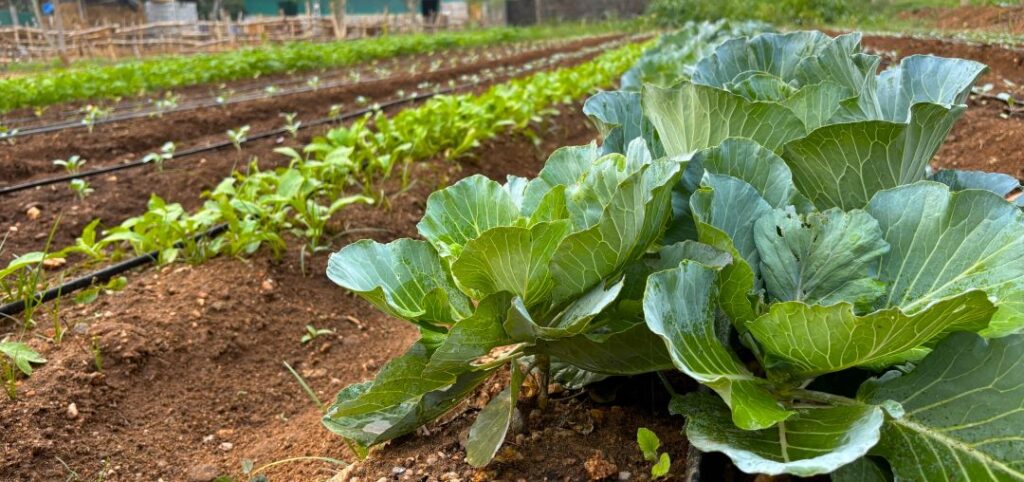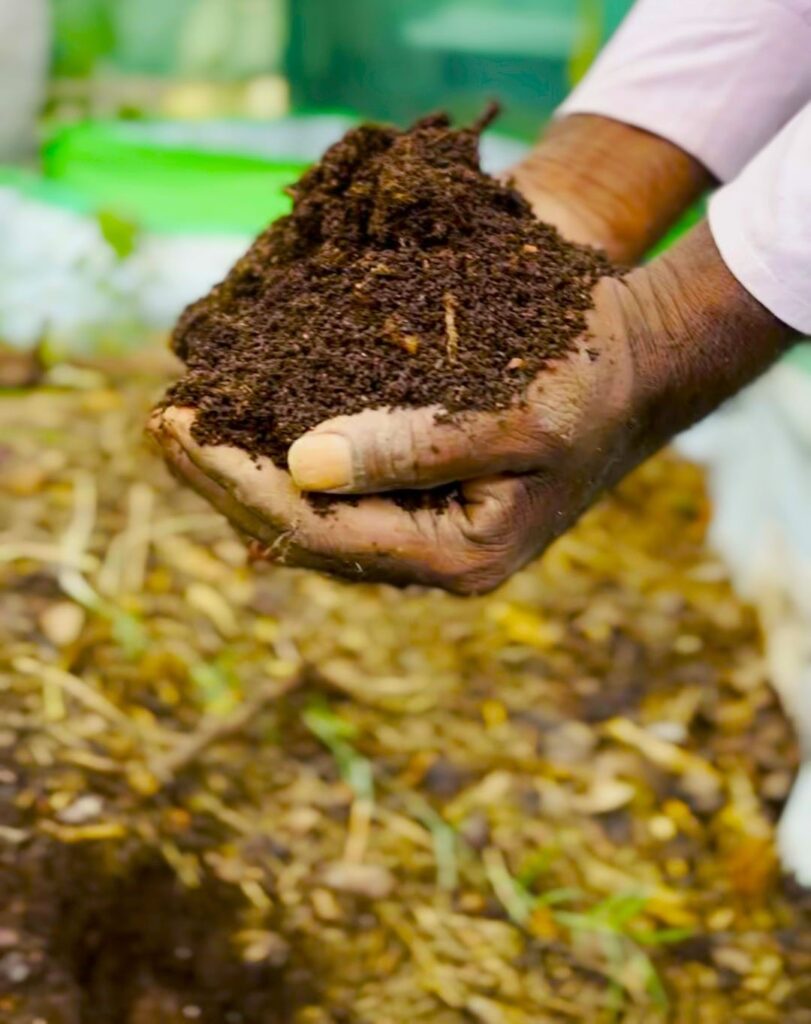Indian Organic Manure
A Sustainable and Eco-friendly Option for Crop Production
A brief
Organic manure is a term that refers to any material of plant or animal origin that is used to enrich the soil and provide nutrients to the crops.
Organic manure can be classified into two types:
- Bulky organic manure
- Concentrated organic manure
based on the concentration of nutrients.
Bulky organic manure, such as farmyard manure, compost, and green manure, contains low amounts of nutrients and is applied in large quantities to improve the soil structure, water holding capacity, and microbial activity.
Concentrated organic manure, such as oil cakes, bone meal, and fish meal, contains high amounts of nutrients and is applied in small quantities to supplement the nutrient requirements of the crops.
Some of the common types of organic manure used in India are:
Panchagavya: Panchagavya is a liquid organic manure that is prepared by mixing five products of cow origin, namely cow dung, cow urine, milk, curd, and ghee, along with jaggery, banana, and tender coconut water. It is then fermented for 15 to 20 days and then diluted with water before spraying on the crops.
Panchagavya is said to enhance the growth, yield, and quality of crops, as well as provide immunity against pests and diseases.
Jeevamrutha: Jeevamrutha is another liquid organic manure that is prepared by mixing cow dung, cow urine, jaggery, pulse flour, and water in a specific ratio. Jeevamrutha is fermented for 48 hours and then applied to the soil or the crops.
Jeevamrutha is claimed to enrich the soil with beneficial microorganisms, organic matter, and nutrients, and improve the soil health and crop productivity.
Vermicompost: Vermicompost is a solid organic manure that is produced by the decomposition of organic waste by earthworms. Vermicompost is rich in humus, nitrogen, phosphorus, potassium, and micronutrients, and has a favorable pH and water holding capacity.
Vermicompost can be applied to the soil or used as a potting medium for seedlings and plants. Vermicompost can improve the soil structure, aeration, drainage, and fertility, and increase the crop yield and quality.
Neem cake: Neem cake is a concentrated organic manure that is obtained as a by-product of neem oil extraction from neem seeds. Neem cake contains nitrogen, phosphorus, potassium, calcium, magnesium, and sulfur, as well as several bioactive compounds that have insecticidal, nematicidal, and fungicidal properties.
Neem cake can be applied to the soil or mixed with other organic manures to enhance their efficacy. Neem cake can control soil-borne pests and diseases, and improve the soil fertility and crop growth.
Benefits of Using Organic Manure
Using organic manure has several benefits, such as:

- It is economical, as it can be prepared from locally available materials or waste products, and does not require expensive inputs or equipment.
- It is eco-friendly, as it does not pollute the environment or harm the wildlife, and reduces the dependence on chemical fertilizers and pesticides.
- It is sustainable, as it improves the soil quality and enhances the soil biodiversity, and does not deplete the natural resources or contribute to climate change.
- It is safe, as it does not pose any health risks to the farmers, consumers, or animals, and does not leave any harmful residues on the crops or the soil.
Challenges and Opportunities for Using Organic Manure
Despite the benefits of using organic manure in South India, there are also some challenges and opportunities, such as:
- There is a lack of awareness and knowledge among the farmers and consumers about the importance and advantages of organic manure and organic farming, and the need for proper education and extension services.
- There is a lack of standardization and quality control of organic manure, and the need for proper certification and regulation of organic products and markets.
- There is a lack of availability and accessibility of organic manure, and the need for adequate production, storage, and distribution facilities and infrastructure.
- There is a lack of research and innovation on organic manure, and the need for more scientific validation, improvement, and diversification of organic manure and its applications.
Conclusion
Organic manure is a valuable resource for crop production, as it can provide nutrients, improve soil health, and protect crops from pests and diseases.
Organic manure can also offer economic, environmental, and social benefits to the farmers and consumers, and promote a sustainable and eco-friendly agriculture system.
However, organic manure also faces some challenges and opportunities, and requires more awareness, knowledge, quality, availability, research, and innovation to realize its full potential.
Organic manure is not a magic solution, but a viable option for enhancing the productivity and profitability of agriculture.

